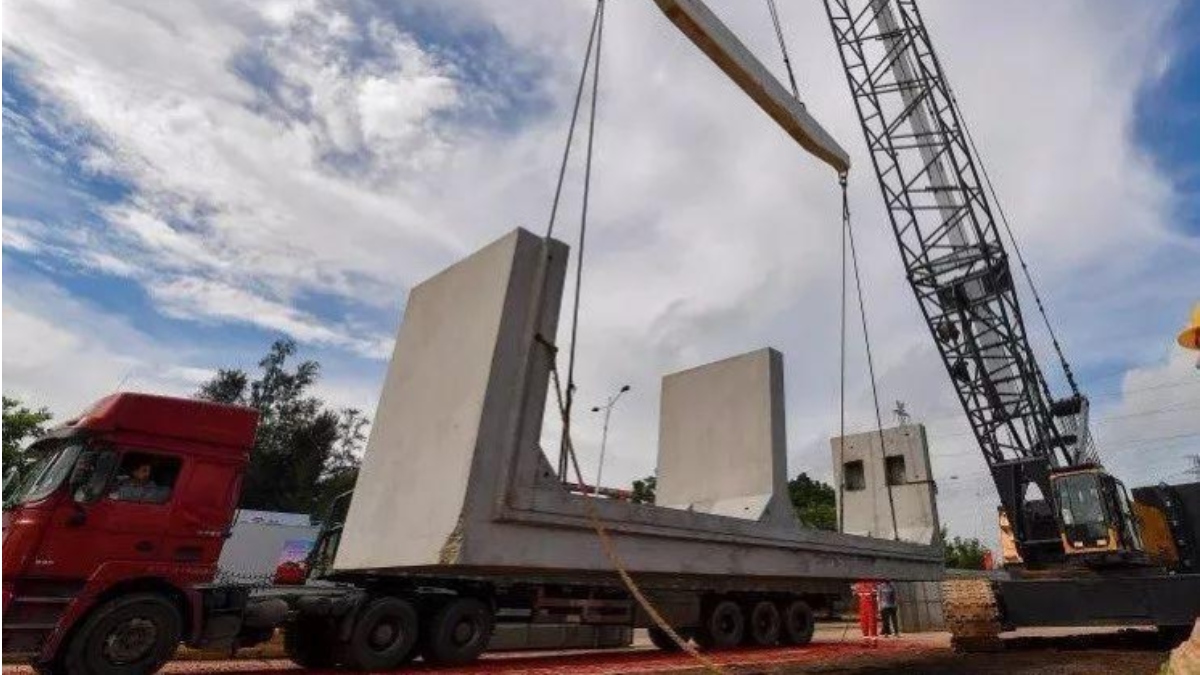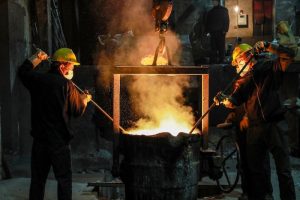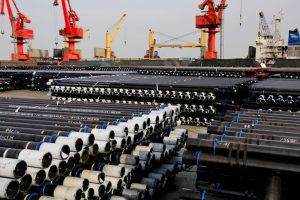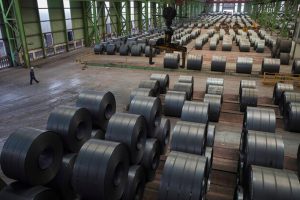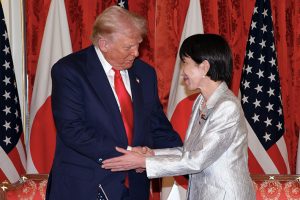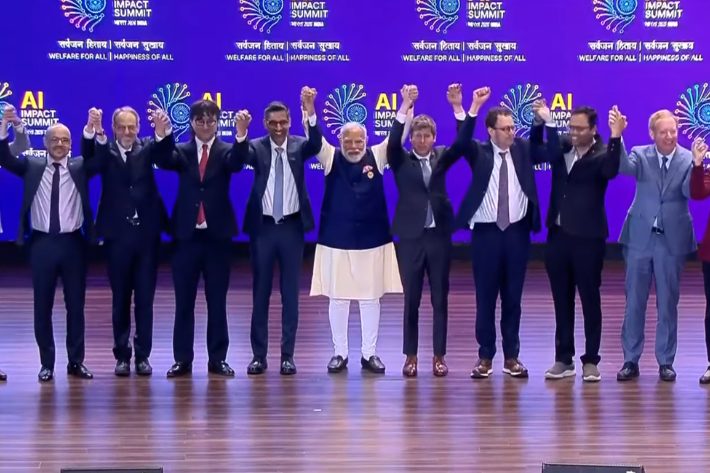China is cooling its stimulus and infrastructure projects amid concern that it has driven the price of metals and other commodities to record prices and that this could destabilize the global economy
(AF) Chinese media outlets say America is lying flat, while prices are soaring – house prices are skyrocketing, wages are falling, and taxes will be increased in the future – while in the UK and Eurozone commodities are in short supply, as they try to build their way out of recession Chinese-style with infrastructure and ‘green energy’ projects.
China, meanwhile, sees – or fears – a global economic crisis this year.
According to Chinese state media, in view of the record prices of most raw materials (mainly metals) around the world, Beijing has decided to take action to curb the threat of inflation and financial instability while it seeks to deleverage pockets of debt in various sectors.
Financial and other departments have issued a warning to commodity traders, that they will adopt a “zero tolerance” attitude towards speculation.
After stepping on the accelerator of credit expansion and stimulating infrastructure growth with state aid last year, China succeeded in getting out of the epidemic crisis, Sina reported. But it also saw China absorb a large proportion of the world’s supply of raw materials and triggered a surge in the price of many basic products.
China reportedly became the world’s largest consumer of raw materials.
But Beijing now wants to curb the rise in commodity prices, the report said. Relevant departments have taken the first step, which is to regulate credit by adjusting monetary policy. They have also stepped on the brakes to stop or slow funding for some infrastructure projects.
Economic data for April indicate that China’s economic expansion and credit growth (new credit as a percentage of GDP) may have reached their peaks.
Allison Lee, the co-head of the base metal business My Steel, said: “Credit is an important factor in commodity prices. We believe that after the peak of credit, the price will reach the peak. Chinese credit accounts for a large part of the world total. A large part of demand is especially in infrastructure and real estate investment.”
Zero tolerance
Regulatory authorities in China have been directed to closely follow and monitor the price trends of commodities, to strengthen joint supervision of commodity futures and the spot market, and have “zero tolerance” for illegal activities, according to the report, and continue to increase law enforcement inspections to investigate abnormalities.
Officials want an end to dealing and malicious speculation, with resolute investigation and punishment of legal violations, monopoly agreements, spreading false information, driving up prices, and hoarding.
China’s National Development and Reform Commission has been urging companies to maintain “normal market order.”
In recent months, as major economies’ have managed to get the epidemic under better control, metal prices have soared. Three-month copper and aluminum prices shot up but are cooling as buying tapers off.
According to the London Metal Exchange, the price of copper fell 1.6% to US$9,881 per ton, while the price of aluminum fell 1.09% to US$2,370 per ton.
China announced last week that it would strengthen supervision on the supply of bulk commodities and curb unreasonable prices.
Commodity traders were also cautious after the White House announced that its infrastructure construction bills could drop from $2.25 trillion to $1.7 trillion.




